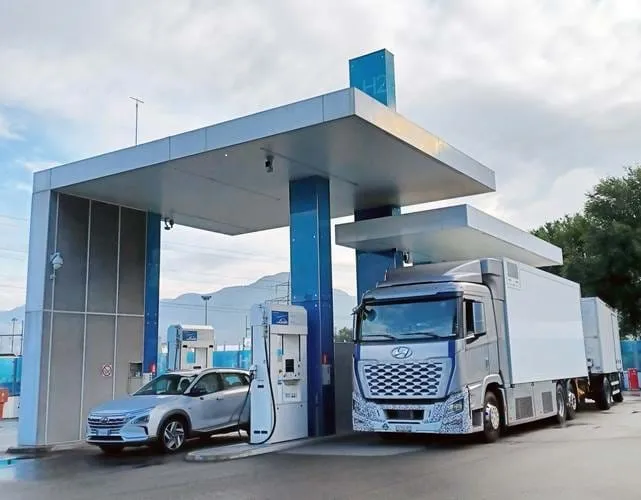The UK Government has announced an investment of £9 million (US$14.4 million) with a further £4 million (US$6.3 million) from industry into a new Energy Storage R&D Centre which will work to accelerate the development of the next generation of batteries for electric and hybrid vehicles. The Department for Business, Innovation and Skills hopes that the new centre, which will be based at the University of Warwick, will help the UK to capitalise on the growing electric and hybrid vehicle battery market, which
December 3, 2012
Read time: 1 min
The UK Government has announced an investment of £9 million (US$14.4 million) with a further £4 million (US$6.3 million) from industry into a new Energy Storage R&D Centre which will work to accelerate the development of the next generation of batteries for electric and hybrid vehicles.
The Department for Business, Innovation and Skills hopes that the new centre, which will be based at the University of Warwick, will help the UK to capitalise on the growing electric and hybrid vehicle battery market, which it has been estimated will be worth £250 million (US$ 398.6 million) to the country by 2020.
T
he centre builds on the government’s £400 million (US$637.7 million) commitment over the next four years to supporting electric cars and other ultra-low carbon vehicles.
The Department for Business, Innovation and Skills hopes that the new centre, which will be based at the University of Warwick, will help the UK to capitalise on the growing electric and hybrid vehicle battery market, which it has been estimated will be worth £250 million (US$ 398.6 million) to the country by 2020.
T
he centre builds on the government’s £400 million (US$637.7 million) commitment over the next four years to supporting electric cars and other ultra-low carbon vehicles.







